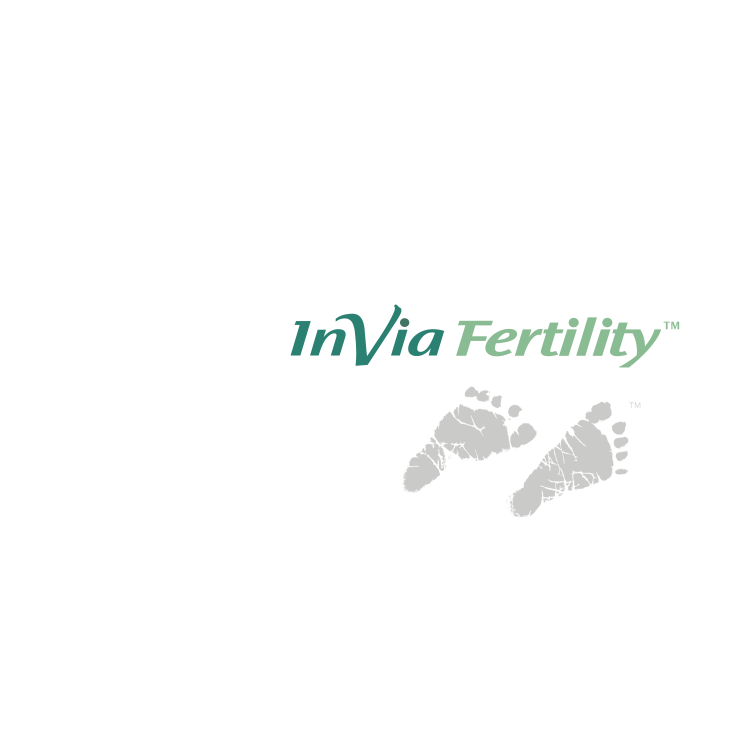
This is a rather controversial issue and has been addressed several times by the Practice Committee of the American Society for Reproductive Medicine (ASRM). The fertility industry remains a “free market” but is self-regulated under the auspices of ASRM. The ASRM has issued guidelines regarding donor compensation, which have been updated regularly over the past ten years. In 2008, the ASRM issued guidelines to affirm that, “financial compensation of women donating oocytes for infertility therapy …. Is justified on ethical grounds” and then issued a series of guidelines suggesting what was acceptable. The ASRM also suggested a $10,000 ceiling on egg donor compensation – prompting the filing of a class-action “price fixing” lawsuit! The following is a three part summary of the Practice Committee’s 2008 report on this very important issue.
Treating physicians owe the same duties to oocyte donors as to any other patients. Programs should ensure equitable and fair provision of services to donors.
If you are interested in helping an infertile couple achieve their dreams, please contact InVia Fertility and become an egg donor today!
Egg donation Infertility treatment InVia Fertility Specialists

Dr. Karande is Board Certified in the specialty of Obstetrics and Gynecology as well as the subspecialty of Reproductive Endocrinology and Infertility. He is a Fellow of the American College of Obstetricians and Gynecologists and Member of the American Society for Reproductive Medicine.
Subscribe to our weekly blog digest

Entire Website © 2003 - 2020
Karande and Associates d/b/a InVia
Fertility Specialists

Comments